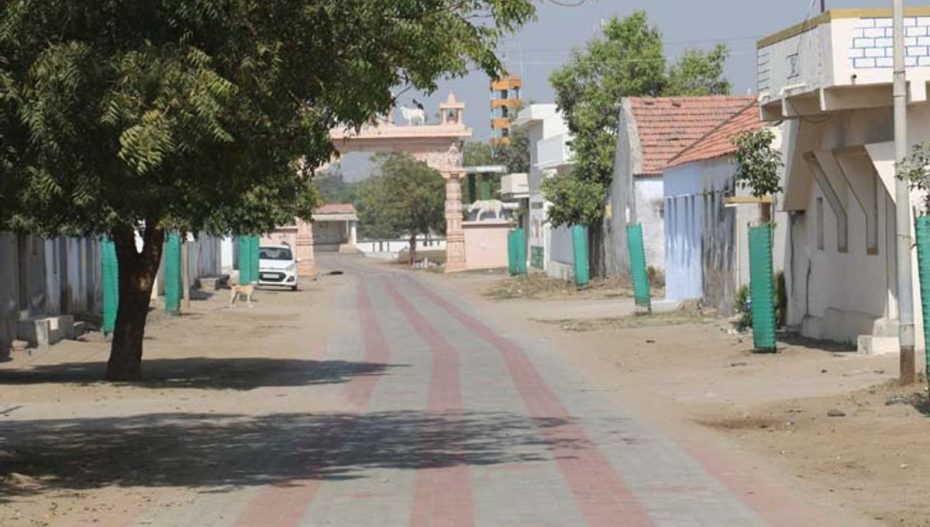At least 16 villages across five districts in Gujarat have been officially designated as smart villages.
This transformative step, undertaken as part of the Smart Village Incentive Scheme, underscores the government’s commitment to harnessing technology and innovation to uplift rural communities.
Under the purview of this scheme, six villages in Rajkot district, five in Junagadh, and one each in Jamnagar, Botad, and Navsari districts have been identified for their potential to thrive as smart villages. These carefully selected villages will serve as models of sustainable development, integrating modern amenities while preserving the essence of rural life.
This strategic move aligns with the state’s commitment to establishing smart villages, fostering technological advancement, and enhancing the quality of life in rural Gujarat.
To facilitate the holistic development of these smart villages, each Gram Panchayat will receive a substantial award amount of Rs 5 lakh. This financial incentive is poised to catalyze local initiatives and empower communities to spearhead their own development projects.
The concept of ‘Rurban-ATMA Village Facilitation City’, endorsed by Prime Minister Narendra Modi, emphasises the transformation of villages into self-sustaining hubs with urban-like conveniences. Chief Minister Bhupendra Patel’s proactive approach in expanding the Smart Village Incentive Scheme aligns seamlessly with this overarching vision, ensuring that rural Gujarat thrives in tandem with its urban counterparts.
The Smart Village Scheme, crafted under the Chief Minister’s stewardship, adheres to stringent selection criteria aimed at identifying villages with the greatest potential for holistic development. These criteria prioritize access to advanced technology, provision of essential infrastructure, and enhancement of socio-economic well-being.
Villages aspiring to attain smart village status must meet a comprehensive set of criteria, including the presence of vital amenities such as road connectivity, sanitation facilities, and clean water access. Additionally, emphasis is placed on environmental sustainability, with villages encouraged to adopt eco-friendly practices such as waste management and renewable energy utilization.
The selection process for smart villages entails a rigorous evaluation conducted by taluka and district-level committees, ensuring transparency and accountability in the selection process. Gram Panchayats meeting the stringent criteria and scoring a minimum of 90 points are eligible for consideration, with the highest-scoring Panchayat in each taluka ultimately designated as a smart village.
Also Read:













